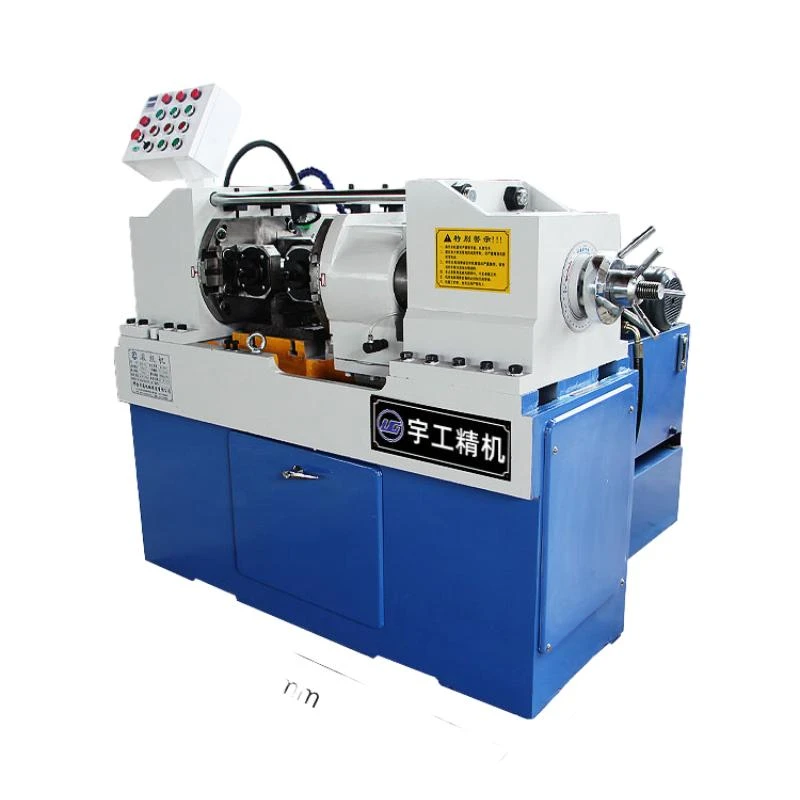
-
 Afrikaans
Afrikaans -
 Albanian
Albanian -
 Amharic
Amharic -
 Arabic
Arabic -
 Armenian
Armenian -
 Azerbaijani
Azerbaijani -
 Basque
Basque -
 Belarusian
Belarusian -
 Bengali
Bengali -
 Bosnian
Bosnian -
 Bulgarian
Bulgarian -
 Catalan
Catalan -
 Cebuano
Cebuano -
 Corsican
Corsican -
 Croatian
Croatian -
 Czech
Czech -
 Danish
Danish -
 Dutch
Dutch -
 English
English -
 Esperanto
Esperanto -
 Estonian
Estonian -
 Finnish
Finnish -
 French
French -
 Frisian
Frisian -
 Galician
Galician -
 Georgian
Georgian -
 German
German -
 Greek
Greek -
 Gujarati
Gujarati -
 Haitian Creole
Haitian Creole -
 hausa
hausa -
 hawaiian
hawaiian -
 Hebrew
Hebrew -
 Hindi
Hindi -
 Miao
Miao -
 Hungarian
Hungarian -
 Icelandic
Icelandic -
 igbo
igbo -
 Indonesian
Indonesian -
 irish
irish -
 Italian
Italian -
 Japanese
Japanese -
 Javanese
Javanese -
 Kannada
Kannada -
 kazakh
kazakh -
 Khmer
Khmer -
 Rwandese
Rwandese -
 Korean
Korean -
 Kurdish
Kurdish -
 Kyrgyz
Kyrgyz -
 Lao
Lao -
 Latin
Latin -
 Latvian
Latvian -
 Lithuanian
Lithuanian -
 Luxembourgish
Luxembourgish -
 Macedonian
Macedonian -
 Malgashi
Malgashi -
 Malay
Malay -
 Malayalam
Malayalam -
 Maltese
Maltese -
 Maori
Maori -
 Marathi
Marathi -
 Mongolian
Mongolian -
 Myanmar
Myanmar -
 Nepali
Nepali -
 Norwegian
Norwegian -
 Norwegian
Norwegian -
 Occitan
Occitan -
 Pashto
Pashto -
 Persian
Persian -
 Polish
Polish -
 Portuguese
Portuguese -
 Punjabi
Punjabi -
 Romanian
Romanian -
 Russian
Russian -
 Samoan
Samoan -
 Scottish Gaelic
Scottish Gaelic -
 Serbian
Serbian -
 Sesotho
Sesotho -
 Shona
Shona -
 Sindhi
Sindhi -
 Sinhala
Sinhala -
 Slovak
Slovak -
 Slovenian
Slovenian -
 Somali
Somali -
 Spanish
Spanish -
 Sundanese
Sundanese -
 Swahili
Swahili -
 Swedish
Swedish -
 Tagalog
Tagalog -
 Tajik
Tajik -
 Tamil
Tamil -
 Tatar
Tatar -
 Telugu
Telugu -
 Thai
Thai -
 Turkish
Turkish -
 Turkmen
Turkmen -
 Ukrainian
Ukrainian -
 Urdu
Urdu -
 Uighur
Uighur -
 Uzbek
Uzbek -
 Vietnamese
Vietnamese -
 Welsh
Welsh -
 Bantu
Bantu -
 Yiddish
Yiddish -
 Yoruba
Yoruba -
 Zulu
Zulu
Flat Die Thread Rolling Machine for Precision Thread Production and Increased Efficiency
Flat Die Thread Rolling Machine An Overview
The flat die thread rolling machine is a critical piece of equipment used in the manufacturing and metalworking industries for producing threaded fasteners and other cylindrical components. This machine employs a unique rolling process that significantly reduces material waste compared to traditional cutting methods, making it a highly efficient choice for thread production. In this article, we will explore the mechanics, advantages, and applications of flat die thread rolling machines.
How It Works
At its core, the flat die thread rolling machine utilizes two flat dies that are precisely engineered to create threads on the surface of a metal workpiece. The process begins with a cylindrical blank, typically made of steel or another metal. As the machine operates, the blank is placed between the two dies, which are mounted on an adjustable frame. The dies move towards each other with a specific pattern that corresponds to the desired thread form.
During the rolling process, the material of the blank is deformed under pressure, causing it to flow into the grooves of the dies. This cold working technique results in a high degree of precision and surface finish. Unlike traditional machining, which tends to cut away material, thread rolling compresses the metal, enhancing its strength and integrity.
Advantages of Flat Die Thread Rolling Machines
1. Material Efficiency One of the most notable benefits of using a flat die thread rolling machine is its ability to maximize material usage. Since the process involves deformation rather than cutting, there's minimal waste generated, which leads to cost savings and a lower environmental impact.
2. Enhanced Strength The cold working process not only shapes the threads but also aligns the metal's grain structure, resulting in stronger, more durable threads. Components produced using this method often exhibit greater tensile strength compared to those made using traditional methods.
flat die thread rolling machine

3. Precision and Consistency Flat die thread rolling machines are capable of producing threads with high accuracy and repeatability. The ability to maintain tight tolerances makes them ideal for applications where precision is critical, such as in the aerospace and automotive industries.
4. Versatile Applications These machines are not limited to producing standard threads; they can also be used to create complex thread profiles, including custom designs tailored to specific customer requirements. This versatility makes them valuable in various sectors, including construction, machinery, and electronics.
5. Low Production Costs Although the initial investment in a flat die thread rolling machine can be significant, the long-term operational costs are often lower than those associated with cutting tools. The reduced need for secondary operations and less wear on tools contribute to overall cost efficiency.
Applications in Various Industries
Flat die thread rolling machines find their applications across a wide range of industries. In the automotive sector, they are employed to create bolts, screws, and other fasteners that must withstand high levels of stress and strain. The aerospace industry similarly relies on these machines to produce lightweight, yet strong components that meet stringent safety standards.
The construction industry also benefits from flat die thread rolling technology, using it to create high-strength rebar and fasteners required for structural integrity. Additionally, in electronics, precise threaded components are crucial for assembling devices efficiently and reliably.
Conclusion
The flat die thread rolling machine stands out as an essential tool for modern manufacturing. Its ability to produce high-strength, precise threaded components while maximizing material efficiency has made it a preferred choice for various industries. As technology continues to advance, we can expect further innovations in thread rolling techniques that will enhance productivity and expand the capabilities of this vital equipment. Whether for mass production or custom applications, the flat die thread rolling machine remains a cornerstone of threaded fastener manufacturing.
